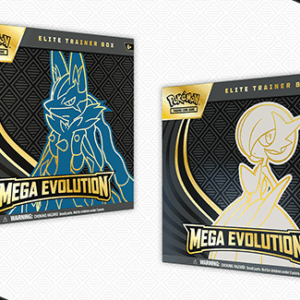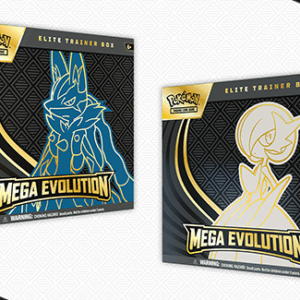In the bustling world of television production, a victorious sigh was heard when a federal judge pushed aside a copyright infringement lawsuit lodged against Netflix, Goldin Auctions, and the creators of the reality series “King of Collectibles.” A sense of relief has washed over these entities, as the barrage of allegations made by ex- “Survivor” participant Gervase Peterson were scuppered.
Peterson had alleged that his 2019 pitch, dubbed “The Goldin Boys,” was suspiciously similar to “King of Collectibles,” a reality television stalwart. The latter had recently rolled out its second season on Netflix, further catapulting the tension. Peterson firmly believed he had been sidelined after his pitch stirred some interest in mid-2020, only for a remarkably similar concept to appear shortly after, on his television screen, sans his involvement.
The dispute revolved around the striking parallels Peterson identified between his unrealized pitch and the live streamed show. With its spotlight on Goldin Auctions and it’s spearhead, Ken Goldin, the defense pushed back claiming that “King of Collectibles” stood on the broad shoulders of generic, non-protectable ideas under the Copyright Act.
Judge Christine O’Hearn of the New Jersey federal district court found herself advocating for this line of reasoning. She backed the defense, clarifying that Peterson’s alleged protectable elements were nothing more than scènes à faire, a legal principle that refers to oft-repeated themes or sequences synonymous with a genre. By this definition, these cannot garner any copyright protection. Quite a few elements strewn in reality television’s landscape, such as the nitty-gritty of everyday business operations depicted in the “King of Collectibles”, fall under this umbrella.
Judge O’Hearn emphasized the idea that real-life subjects and hallmark features of reality shows often find themselves on the unprotectable roster, buttressed by past legal precedents. The dismissal of the lawsuit underscores the uphill task of copyrighting broad concepts and themes, which are usually the lifeblood of reality television.
The reality show “King of Collectibles,” didn’t just dodge the copyright bullet but has managed to sweep some big accolades in the bargain. Recently, it got its name etched on an Emmy nomination, further cementing its eminence in the entertainment universe. Despite inglorious claims of copyright theft, the series emerged unscathed, shining brighter than ever. This serves as a testimony to the affection the show has garnered from viewers and critics alike, and a tangy reminder of the thorny path of television production; a path littered with legal complexities and thinly veiled accusations waiting to trip up the unsuspecting. With a legal victory under their belts, “King of Collectibles” is ready to continue its reign in the realm of reality TV, free of any encumbering copyright shadows.






